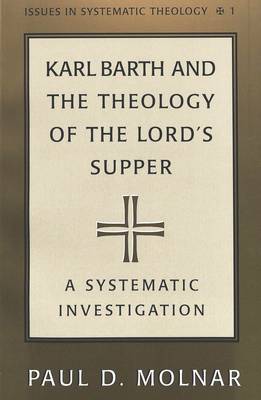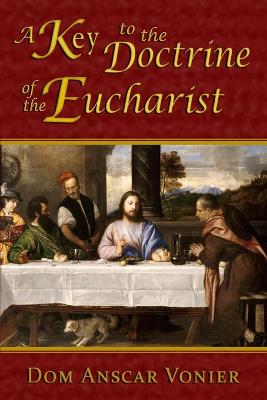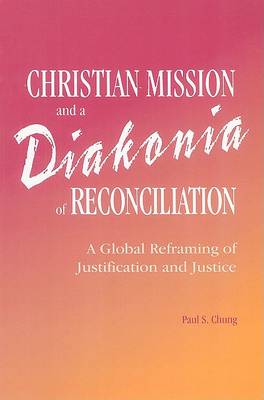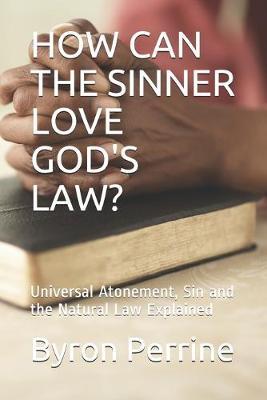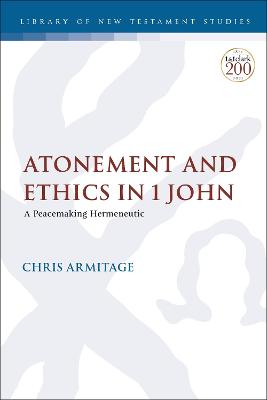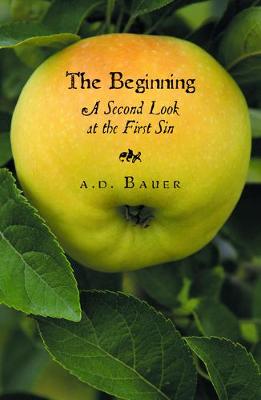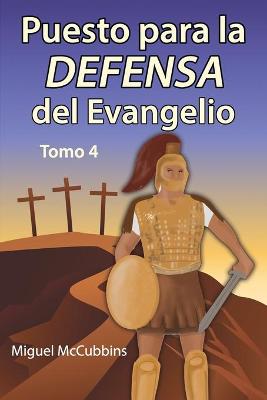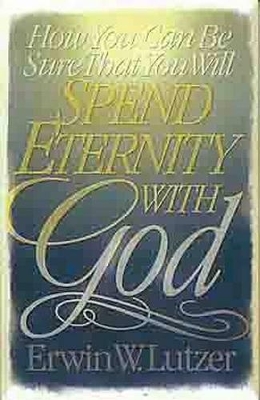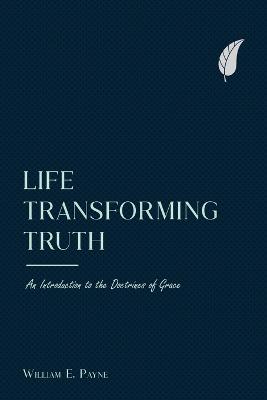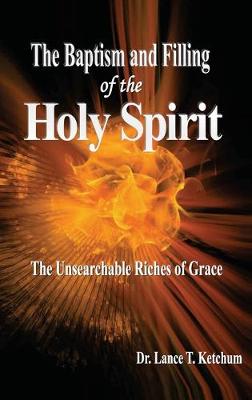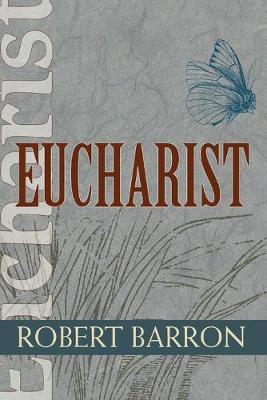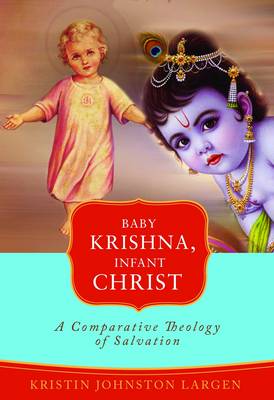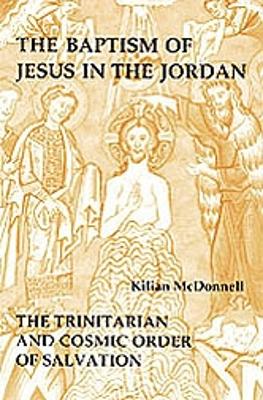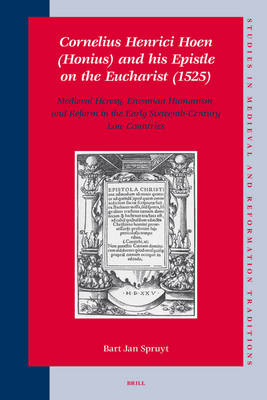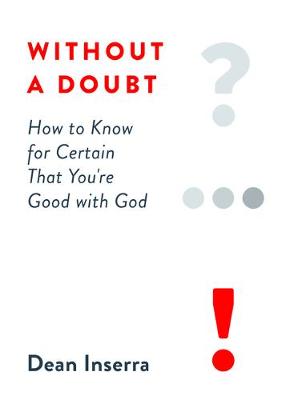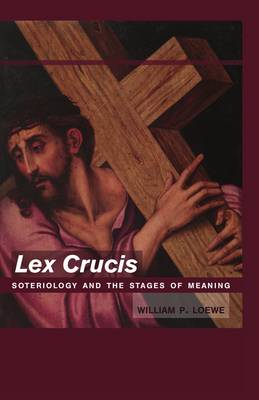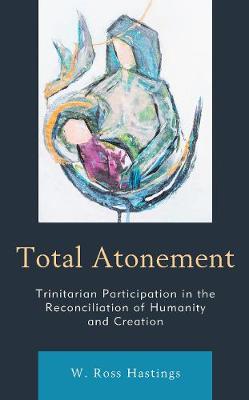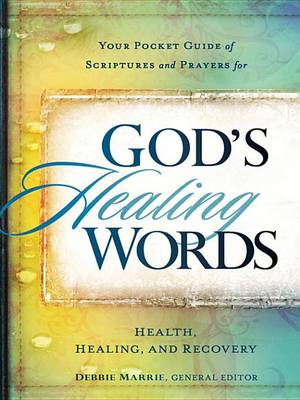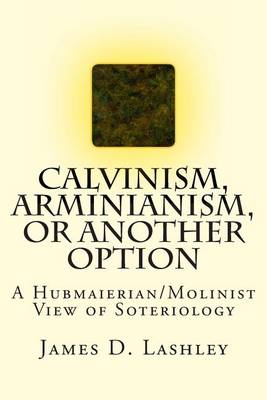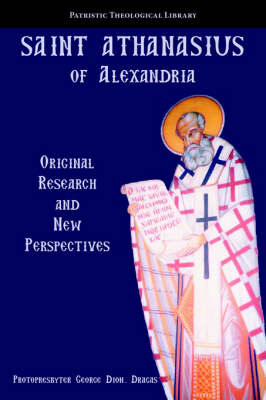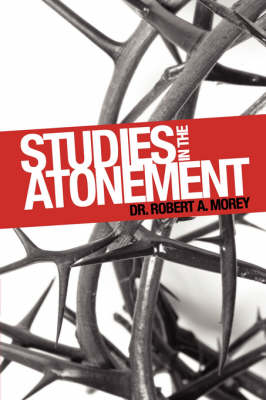Karl Barth and the Theology of the Lord's Supper (Issues in Systematic Theology, #1)
by Paul D. Molnar
How Can the Sinner Love God's Law?
by Joseph Huntington and Byron Perrine
Harlots of the Desert: a Study of Repentance in Early Monastic Sources
by Benedicta Ward, SLG
Atonement and Ethics in 1 John (Library of New Testament Studies, #654)
by Christopher Armitage
Christopher Armitage considers previous theological perception of 1 John as a text advocating that God abhors violence, contrasted with biblical scholarship analysis that focuses upon the text's birth from hostile theological conflict between 'insiders' and 'outsiders', with immensely hostile rhetoric directed towards 'antichrists' and those who have left the community. Armitage argues that a peace-oriented reading of 1 John is still viable, but questions if the commandment that the community lo...
How You Can be Sure That You Will Spend Eternity with God
by Erwin Lutzer
This book is about Cornelius Henrici Hoen and his well-known treatise on the Eucharist, published in 1525, and answers questions like: Who actually was Hoen? What made him dissent from the current belief in transubstantiation? What were the sources of his dissent, and what was his relationship to famous contemporaries like Erasmus, Luther, Zwingli and Bucer? And how influential has his treatise been? After a more detailed portrait of Hoen's life, the chapters on the origins of his ideas establis...
What is the true story of God and humankind, and how does that story become a saving story? These are pivotal questions that constitute the narratives Christians tell about themselves, their values, and how the Christian life is to be lived. In shaping those stories into a coherent, intelligible framework that provides comprehensive meaning, soteriology-the doctrine of redemption-developed as a keystone to Christian consciousness. This study investigates that development of the soteriological tr...
Total Atonement re-imagines the "apprehended mystery" of the atonement in light of the triune nature of God and the person and work of the incarnate Christ. W. Ross Hastings proposes participation as a theory or framework of atonement that holds all other models within it. He argues that God's participation in humanity in order that humans might participate in God invites a total approach to the mystery of the atonement, that is, one that involves the whole Trinity, the whole person and history...
